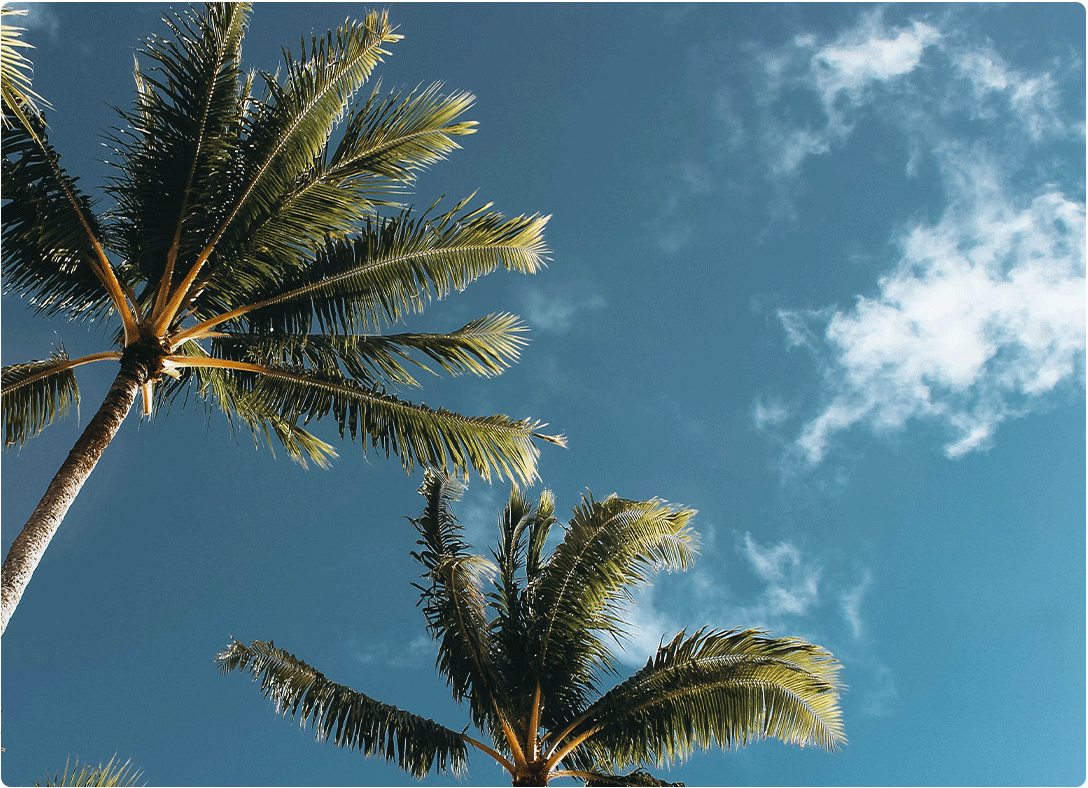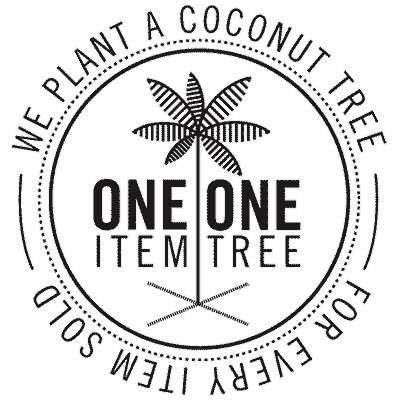KINABUHI: A DOCUMENTARY SHORT FILM
The idyllic coconut palm setting may be an extraordinary paradise to take in. But the industrialization of this magnificent coconut palm, or the “Tree of Life,” has a troubled history. While coconut oil is a desired commodity around the world, it is also responsible for more than 60 percent of the Filipino coconut farming community living in extreme poverty. Their existence producing copra at the terminal end of the coconut distribution chain often leaves entire communities hopeless.
Kapuluan’s Award Winning Documentary Short Film, Kinabuhi, is a story about Filipino Coconut Farmers struggling to survive a way-of-life exploited by industrial agriculture and crippled by disasters like Typhoon Haiyan. The film was featured by The United Nations at the 2015 Climate Conference in Paris, has won 3 international film festivals, and was awarded the prestigious Vimeo Staff Pick.
The documentary depicts the poignant life of what the coconut farmers go through on a daily basis. Set in the lush countryside of the Visayas region of the Philippines in Eastern Samar, the film pans over the farmers work day while a voiceover of one of the farmers speaks in Eastern Viasayan Waray dialect to the viewer off camera:
“Life is all around us. I am with my friends. The earth provides happiness to my life and soul.”
“Kinabuhi,” in this language, means “life.” And the coconut palm tree to them is life for them to live.
“The coconut is my life.”
These Filipino farmers climb the coconut palm “tree of life,” armed with only a bolo knife to cut ridges on the tree to help them climb higher and higher to gather their bounty.
“At the top, we see the world…we are thankful of this grace given to us by the world.”
But this “kinabuhi” is being dismantled everyday. Typhoons, which seems to be happening more and more, is destroying the coconut palm trees scattered across the Philippine’s more than 7,000 islands. And they are becoming stronger and more dangerous in devastating these coconut trees, and in turn, these Filipino farmers way of life.
“The earth has given us a way of life, but she is taking it away.”
As these farmers peel the coconuts in preparation for processing the copra, they know they cannot suffer another typhoon.
The Visayas region of Eastern Samar is a primarily agricultural region with rice, corn, coconut, sugarcane, and banana as its major crops.
But the typhoons have now become part of their way of life.
The income from their work is measly because the price of copra (refers to sun-dried or smoked coconut “meat” or “flesh”, the edible part of a coconut) is lower due to no fixed price. It all depends on what the buyer dictates.
If the price of copra continues to decrease, and the destruction of the trees from typhoons continues, these coconut farmers and their communities will continue to decline.
While understandingly heartbreaking, many people ask, “Why do these farmers keep going?”
Why? Because they do it for their family.
Coconut farming is important for the future of their children and the community.
And because coconut farming is a life well-lived.
Your Own KINABUHI: Help Plant a Coconut Palm Tree

The kinabuhi spirit lives in all human beings. It is, however, the choices we make that determines how we live our life.
As a company, our mission encompasses the goal to improve the wellbeing of impoverished coconut farming communities through the production of the finest quality handmade coconut oil.
For every Kapuluan Coconut product sold, we plant a coconut palm tree.
We are working together to provide a higher value for their resources, the one that they lovingly and determinably climb and gather every single day.
Thus, with you, our Kapuluan community, we will decrease the poverty of these coconut farmers by improving their livelihood so they can continue their desired way of life.
Working together, we can ensure their long-term success and wellness.
Plus, planting new coconut palm trees effectively reduces carbon emissions from global warming, which ultimately benefits every living thing on this planet.
Kapuluan strives to make this a possibility for the future of these farmers, and for the future of our world.
We know and love coconut oil because of its amazing and wondrous health benefits and properties. But we cannot ever forget where our love of coconut oil comes from.
It comes from the love, the work, and the persistence of these Filipino coconut farmers.


